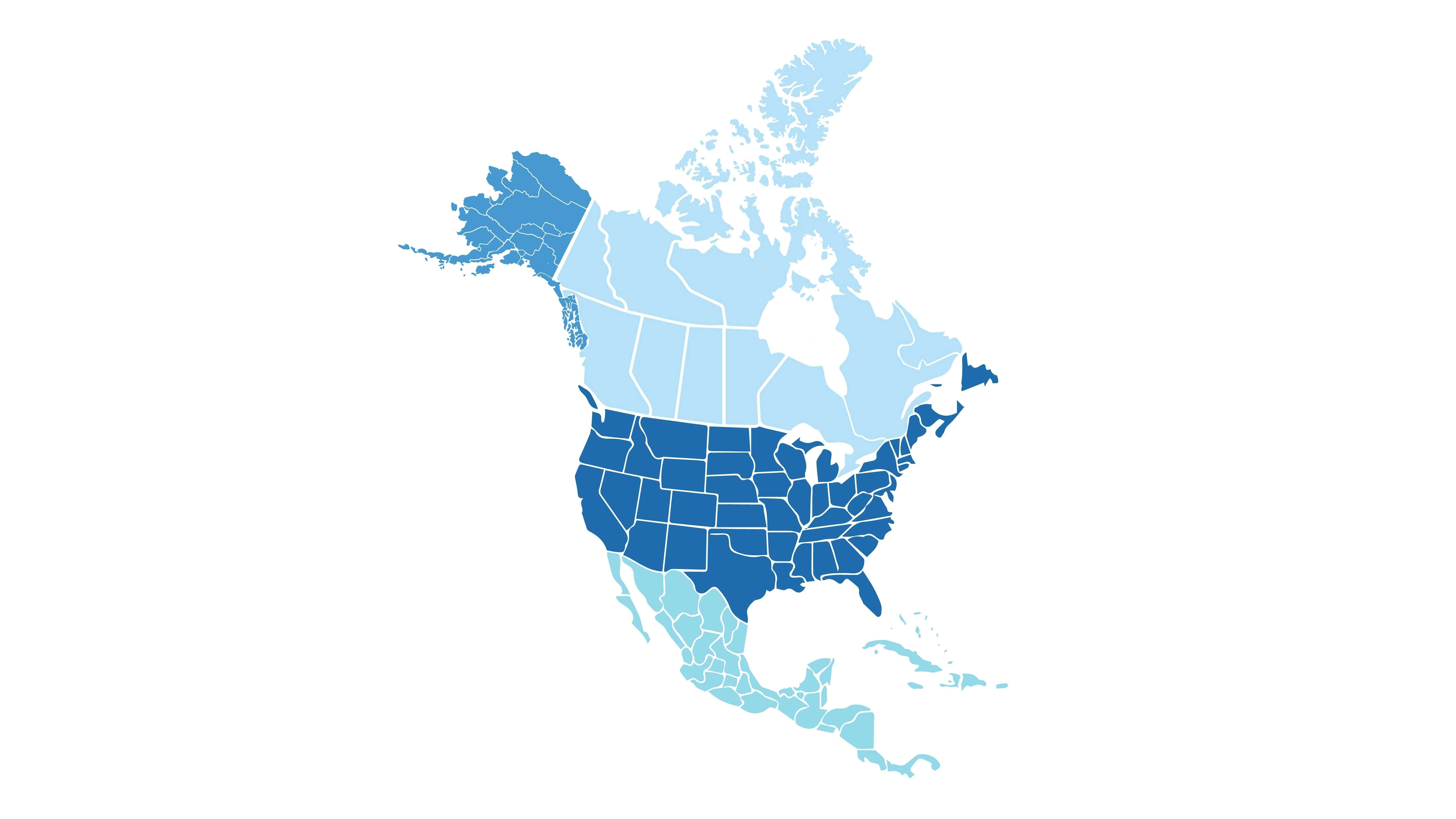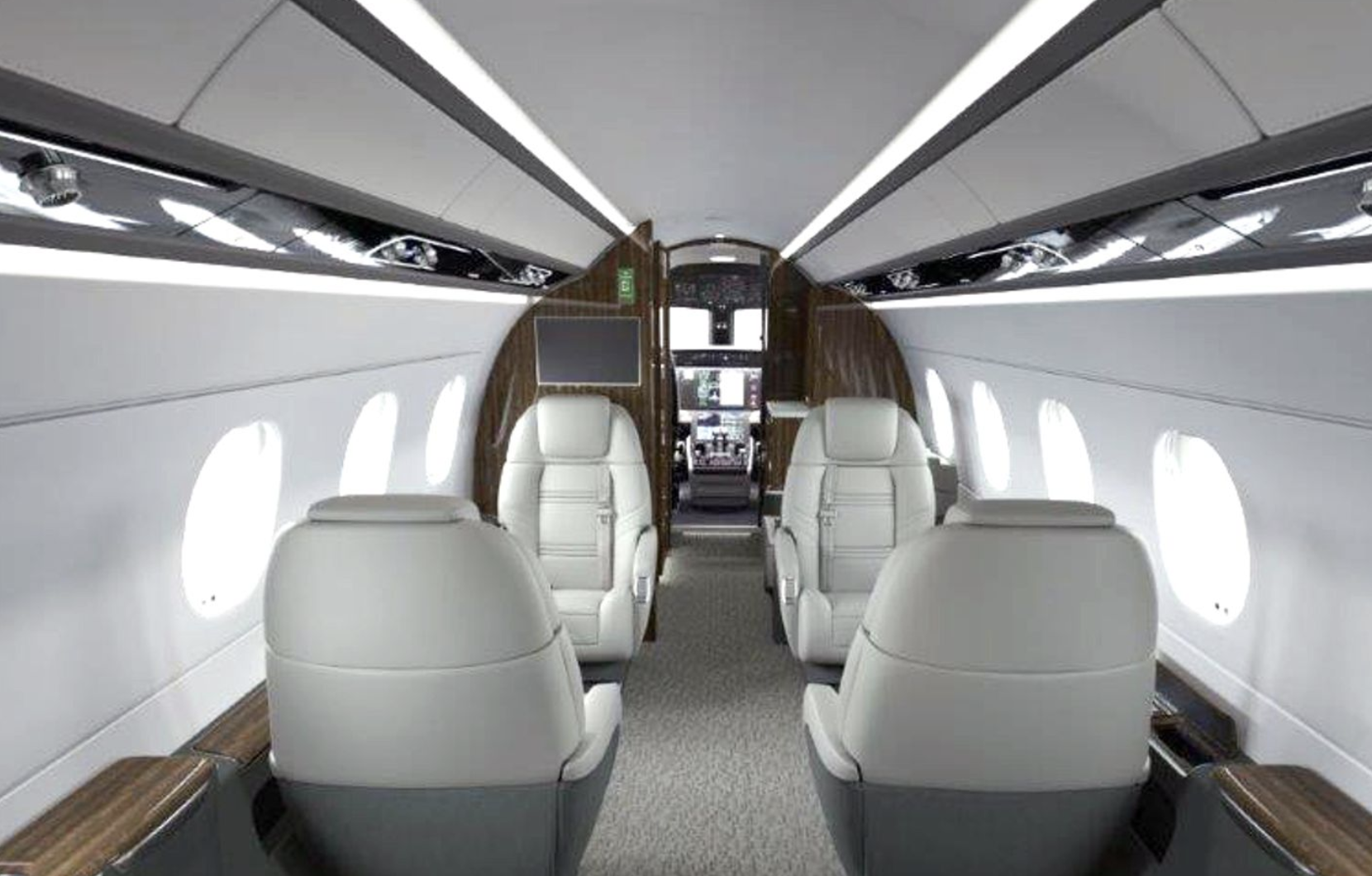Jet cards with fixed or capped hourly rates and guaranteed availability make booking your flight as easy as a call or text.
However, jet card members also need to be aware of extra charges that are not always apparent in various promotions or glossy brochures.
For the most part, these fees are detailed in the contracts, another reason we always recommend reading the fine print.
Extra Jet Card Fees and Costs
Here are some additional charges that you may encounter on your invoice, which could impact your decision on which program is right for you.
1. Federal Excise Tax
The 7.5% Federal Excise Tax is charged for flights within the Continental 48 states.
If your flight costs $20,000, the tax is $3,000.
There are also additional smaller per-passenger taxes.
2. Fuel Surcharges
Fuel surcharges are part of most jet card contracts, even if they are not in effect when you are buying.
Most fuel surcharges are calculated based on a variance over a base number.
When the price of jet fuel goes over that mark, the surcharge kicks in.
Others have variable fuel surcharges that change weekly, monthly, or whenever the provider deems it necessary.
3. Deicing
Some programs cover the cost of deicing. Others cover deicing up to a specific amount.
You may be charged for deicing before and after your flight, if necessary.
Since deicing can range from $1,000 to over $10,000, if you are flying frequently in winter weather, a program that includes deicing can provide significant savings.
READ: What you need to know about deicing before you get the bill
4. WiFi
If your program doesn’t specifically include WiFi charges, you could find you have to pay for connectivity even if the aircraft has it.
Costs can range into thousands of dollars based on the data used, so ensure WiFi is covered before asking the captain if there is WiFi aboard.
5. Pet Fees
While many jet card programs guarantee pets at contracted rates so long as you advise at the time of booking, some have mandatory cleaning fees.
Others restrict the number of pets you can bring on smaller jets.
6. Non-Preferred FBO Fees
FBO usage is often linked to fuel contracts.
If you specify a different FBO, you could find yourself getting whacked for $500 to $1,000.
READ: What is an FBO? Explaining Fixed Base Operators
7. High-Density Airport Fees
While guaranteed-rate jet cards enable you to select the most convenient airports without worrying about extra repositioning costs, many programs charge additional fees for high-density airports.
While this is particularly prevalent in Europe, U.S. airports such as Miami International, Chicago O’Hare, and New York LaGuardia often have extra charges.
8. Mountain Airport Fees
Some jet cards have a clause that specifies if your flight from a mountain airport needs a fuel surcharge due to weather conditions, you are responsible for the extra cost.
Since that is often not known until the day of the flight, the clause also subjects you to standard cancelation charges if you reject that option.
READ: 10 airports private flyers should try to avoid
9. Daily Minimum
The daily minimum is the minimum you are charged for your flight, even if it is shorter than the daily minimum.
In other words, you make a single 45-minute flight during the day.
If your program’s daily minimum, which typically varies by aircraft size category, is 120 minutes, you will be billed for the daily minimum of 120 minutes.
10. Segment Minimum
Like Daily Minimums, Segment Minimum is the minimum you are charged for a single segment.
In some programs, segment minimums are waived if you have multiple flights during the day that exceed the daily minimum.
In other cases, the segment minimums apply regardless.
11. Taxi Time
Most jet card programs charge 12 minutes of taxi time per segment.
They often refer to it as six minutes, but it’s calculated as six minutes before takeoff and six minutes after landing.
Twelve minutes is 20% of an hour.
That means if your hourly rate is $10,000, the taxi time is $2,000.
Also, check if taxi time is included or additional to daily and segment minimums.
For example, if taxi time is additional to the minimum, your 45-minute flight on a program with a 78-minute daily minimum would be billed at 90 minutes (78 minutes for the daily minimum, plus 12 minutes for taxi time).
12. Airport Fees
Some jet cards add handling and airport fees as pass-along costs, which can increase the per-segment costs by $500 to $1,500.
13. Extended Service Area Fees
While many jet cards extend guarantee rates beyond the primary service area, the extended service areas often include a fixed surcharge, international fees, fees for crew overnights, and, in some cases, the cost of repositioning.
Making sure your flying aligns with primary and extended service areas and extra costs is an integral part of what we help with via our DECIDER CUSTOMER ANALYSIS.
READ: Understanding Primary Service Area
14. Interchange Fees
While many jet cards enable you to upgrade or downgrade aircraft cabin size to meet your mission’s needs, some include an interchange fee.
That fee can vary but is typically 5% to 20% more than the current published rates.
If your needs drive you to different categories of aircraft—light jets, midsize, super-midsize, or large— check to see if there are any interchange fees.
15. Membership Fees
Some jet card programs have membership fees or joining fees.
These fees can, in some cases, add $2,000 per hour to the marketed prices.
While some buyers eschew programs that have membership fees, the good news is our exclusive QUICK COMPARE FLIGHT PRICING calculator factors in membership fees, as well as taxi time, fuel surcharges, taxes, and daily minimums to give you apples-to-apples flight price comparisons.
READ: How to view membership fees
16. Mechanical Recovery Fees
While many jet cards will provide a replacement aircraft at no additional cost if the initial aircraft is unable to complete your mission, this is not a universal benefit.
Some programs cap recovery costs at a percentage above your contracted price, while others do a requote, similar to ad hoc charter flights.
17. Special Event Fees
Special event fees for events like the Super Bowl and F1 can range to over $25,000 for a large cabin jet.
At the same time, FBOs have been expanding the fees.
In some cases, special event fees extend to regional airports and, more recently, to holidays.
Most programs pass these along, but ask if there are any special event fees if you plan to travel on holidays or to areas near a big event.
Of course, it’s not always straightforward.
During this year’s Super Bowl in New Orleans, one FBO in Las Vegas was charging a special event fee.
READ: FBO special event fees are getting bigger and wider. What’s next?
18. Catering
Most jet cards only include packaged snacks, sodas, and perhaps some mini bottles of adult spirits.
Before ordering catering, review the costs, including any additional delivery fees that may apply.
It’s not unusual for breakfast to run over $100 per person.
What’s more, most light and midsize jets don’t have microwaves, let alone ovens, so think cold food.
READ: Private Jet Catering: The $177 chicken sandwich
19. Flight Attendant Fees
For virtually all jet card programs, only large cabin jets have flight attendants.
You can have a flight attendant, but it is an extra fee.
The cost for a flight attendant is typically $500 to $2,000 per day and may include additional per diems.
Flight Attendant Fees are one of the over 65 variables Private Jet Card Comparisons enables you to compare.
20. Peak Day Surcharges
Some jet card programs have over 90 peak days, and on those peak days, many programs have surcharges.
Peak day surcharges can run up to 50%, and in some cases, programs go to dynamic pricing on peak days.
Additionally, while programs sometimes market the ability to book 24 hours before departure, they have short-booking fees, with standard contracted rates requiring 48, 72, or 96 hours’ notice for non-peak days.
READ: Jet Card Peak Days: Here’s what you need to know
21. Restocking Fees
Quite a few jet card providers market their jet cards as refundable.
If you are not happy for any reason, you can get a refund.
However, restocking fees can range up to 20%.
That means if you have $200,000 left, you would only receive $160,000.
READ: Refundable Jet Cards: The good and bad
Closing Thoughts
Keep in mind that while many programs market that your funds never expire, if you have funds remaining after your rate lock ends (typically 12 months), you may be required to pay a higher price. In some cases, there is an automatic annual increase.
While some brokers claim, “We don’t have these fees,” if they are using dynamic pricing, it is likely that many of these charges are either built into your quote or can be charged post-flight, as stated in the contract.
The bottom line is always read the contract before signing!












